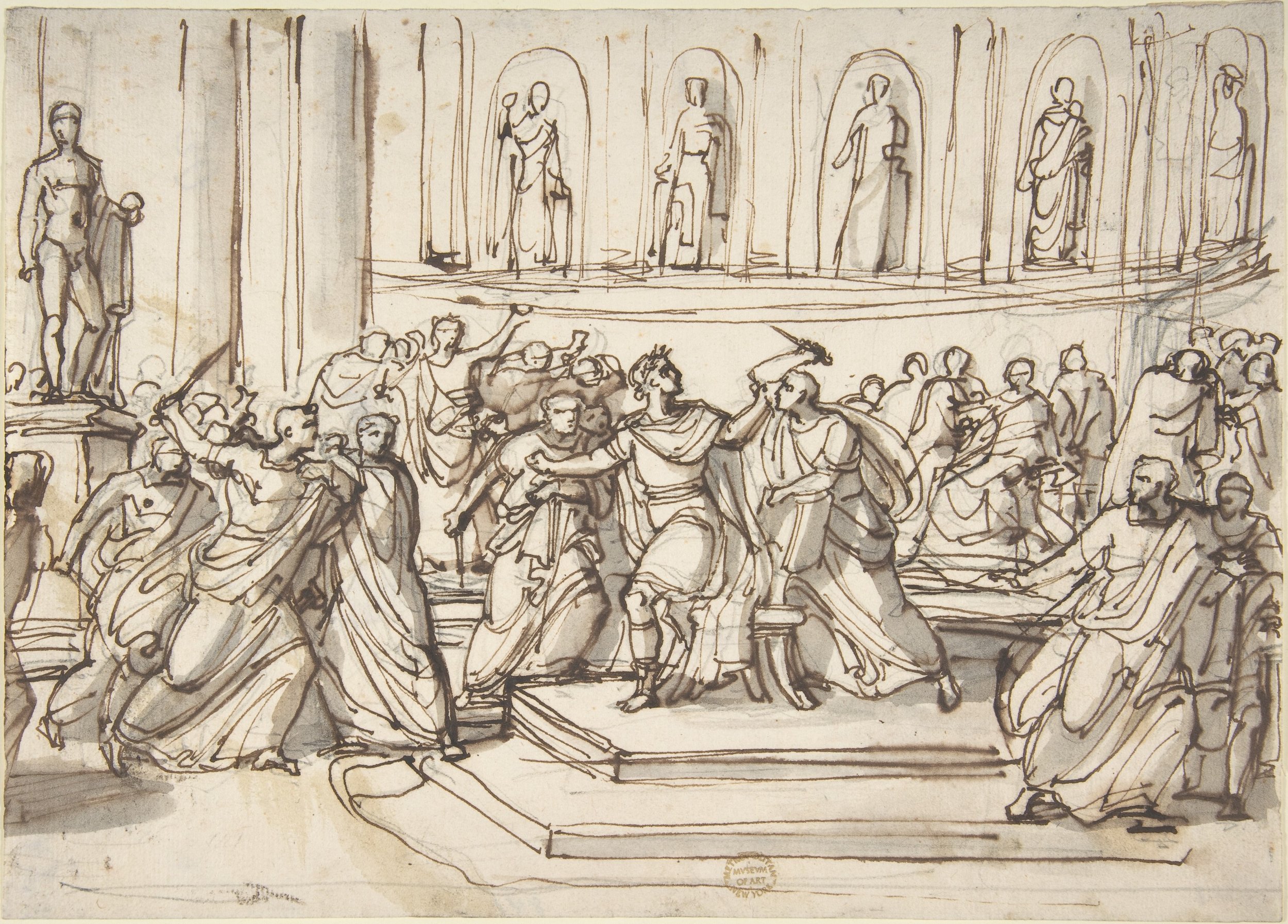Beware the Ides of March: Leadership Lessons from the Bard
On this, the Ides of March, we can learn three key lessons from the most famous, yet fatal, advice Julius Caesar is ever given: "Beware the ides of March."
Caesar is the Big Boss — the Very Big Boss — among the most exceptional men who ever lived. Here, he's at the height of his awesome power.
Having conquered yet more lands for Rome, he's given a ticker-tape parade. Then, some guy warns what's coming a few days hence: "Beware the ides of March!"
Lesson One: Be Open to Bad News.
Caesar stops the parade, and asks for the source of such startling information.
"What man is that?" he asks Cassius, his trusted but untrustworthy 'direct report.'
As efficient staff, Cassius identifies the source, and repeats the big idea: "A soothsayer bids you beware the ides of March."
So far, very good. The messenger identified, the message confirmed.
Lesson Two: Evaluate For Yourself.
As good as any staff may be, a top leader seeks key information directly from those who know most, and best. This assures that its transmission is not garbled, as in 'the telephone game.'
Caesar says: "Set him before me. Let me see his face."
As a young and inexperienced President, John F. Kennedy called up State Department desk officers — whoever was handling a hot-spot like the Congo or Laos — to get facts directly, before the inevitable distortion of information transmitted six layers up to a President.
"Let me see his face" shows that Caesar wants to take the measure of the man — to judge whether the source is reliable or not. In this case, it is reliable, regrettably so.
Cassius does what he's told. He grabs the guy out of the parade crowd: "Fellow, come from the throng. Look upon Caesar."
Set before him, Caesar asks the man to confirm the message: "What sayest to me now?"
He shouted something, almost anonymously, when in "the throng." Will he repeat it, looking right in the eyes of the Very Big Boss?
He does. "Beware the ides of March!"
Lesson Three: Don't Summarily Shun Bad News.
While showing good leadership skills thus far, Caesar now falters. He scrutinizes the soothsayer, and then dismisses him — perhaps as he looks disheveled. "He is a dreamer," Caesar makes the snap judgment. And then: "Let us leave him."
Leave him, he does. Caesar walks off. Soon he walks into the Senate, with knives quickly out for him on — you guessed it — the Ides of March.



